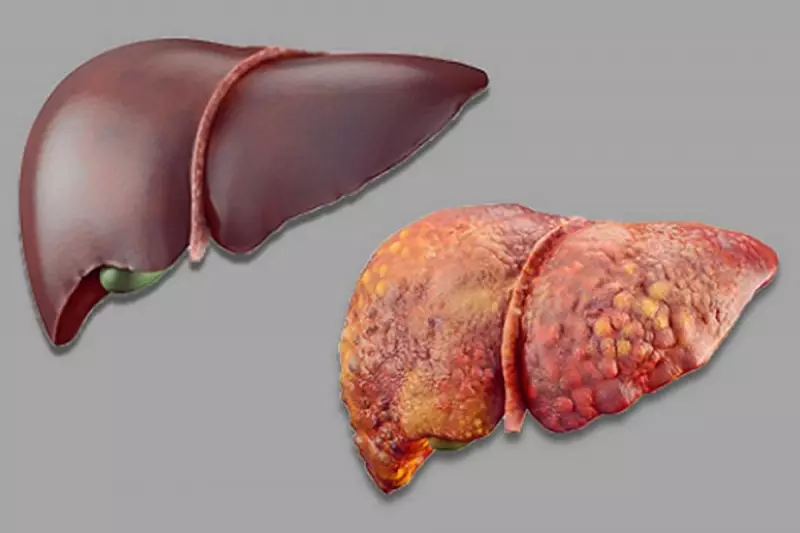
In what could be a major breakthrough for millions suffering from fatty liver disease, scientists have discovered that a common dietary fibre found in everyday vegetables might hold the key to reversing this silent epidemic.
The revolutionary research focuses on inulin, a natural prebiotic fibre abundant in foods like asparagus, onions, garlic, leeks, and chicory root. This humble fibre could potentially transform liver health management across the UK.
The Silent Liver Epidemic
Non-alcoholic fatty liver disease (NAFLD) affects approximately one in three British adults, often developing without symptoms until significant liver damage has occurred. The condition, characterised by excess fat accumulation in liver cells, can progress to cirrhosis, liver failure, and even cancer if left untreated.
Currently, the NHS primarily recommends weight loss and exercise as the main treatment strategies, leaving many patients struggling to find effective, sustainable solutions.
How Inulin Works Its Magic
The secret lies in inulin's unique ability to reshape our gut microbiome. When this prebiotic fibre reaches the colon, it becomes a feast for beneficial gut bacteria, particularly those that produce compounds crucial for liver health.
Key mechanisms include:
- Boosting production of short-chain fatty acids that reduce liver inflammation
- Improving insulin sensitivity throughout the body
- Reducing the liver's fat production and storage capacity
- Enhancing the gut-liver axis communication
Kitchen Medicine: Where to Find This Super Fibre
Incorporating inulin-rich foods into your diet doesn't require exotic ingredients or expensive supplements. Some of the most potent sources are already familiar staples in British kitchens:
- Asparagus - Particularly the white variety
- Onions and garlic - Raw or lightly cooked
- Leeks - A classic in British cuisine
- Chicory root - Often used in coffee alternatives
- Jerusalem artichokes - Surprisingly effective
What This Means for NHS Treatment
While more research is needed to establish precise dosing guidelines, the implications for public health strategy are significant. This dietary approach could offer a cost-effective, accessible complement to existing NHS liver disease management protocols.
"The beauty of this approach is its simplicity and accessibility," notes one gastroenterologist familiar with the research. "We're talking about foods most people can easily incorporate into their weekly shop, potentially making a substantial difference to liver health outcomes."
As research continues to unfold, the message is clear: sometimes the most powerful medicines aren't found in prescription bottles, but in the vegetable aisle of your local supermarket.





